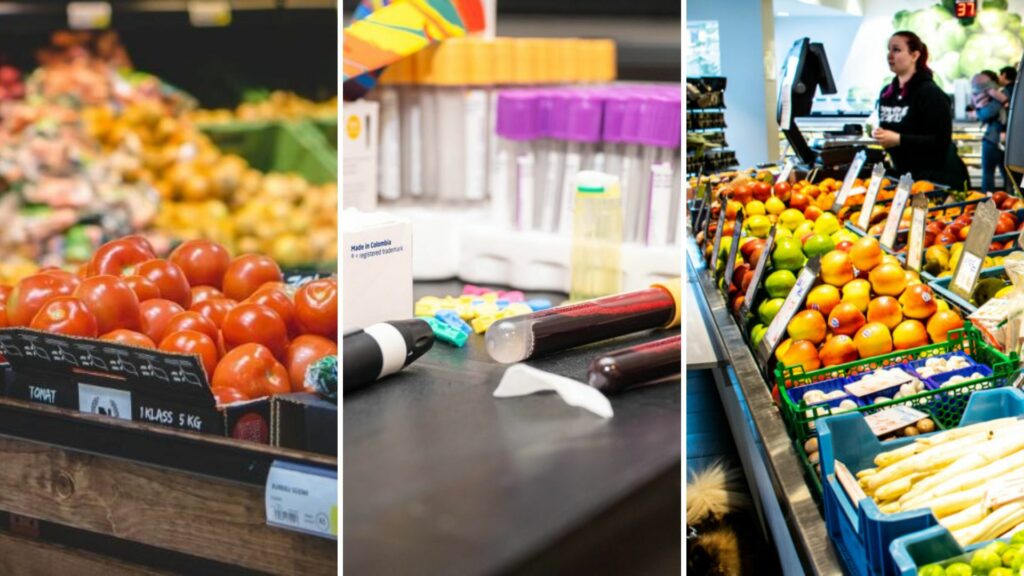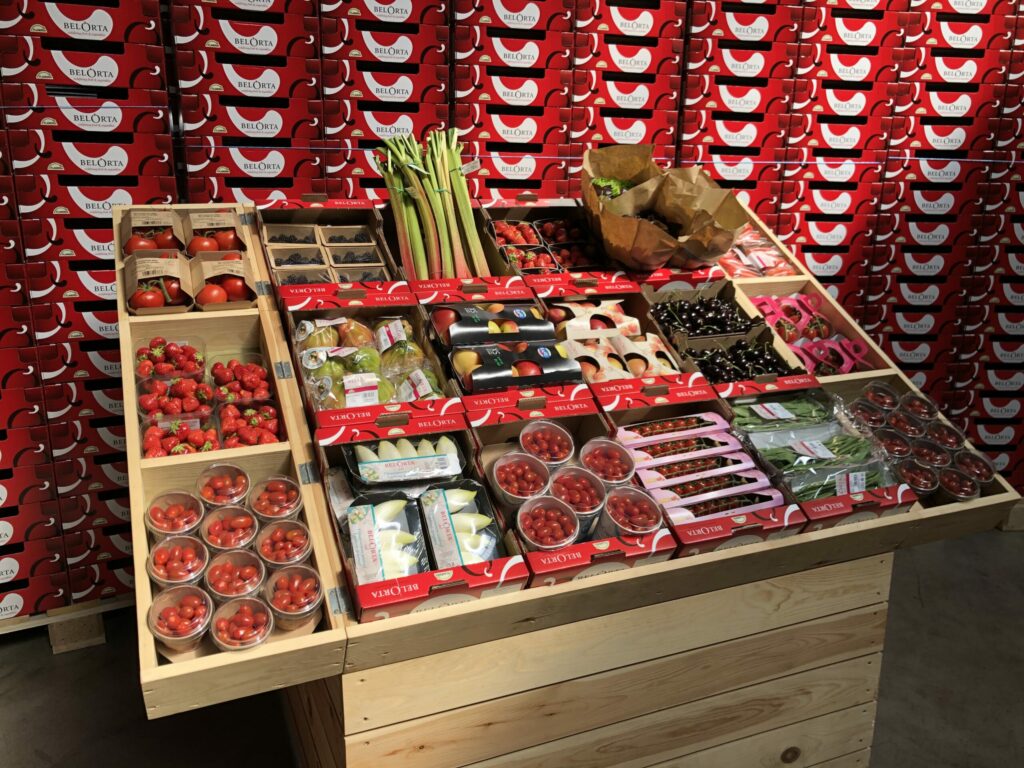The level and densely-populated landmass that makes up Belgium isn't known for outstanding natural landscapes. Notwithstanding pockets of pretty woods or deeper valleys in the Ardennes, the country is mostly built up or cleared for farming.
The national take on "nature" has been shaped by human activity: bounded by factories, claimed for livestock, or cultivated. Viewed through an economist's lens, Belgium has excelled in extracting value from earth and subsoil that to the naked eye is unremarkable. Whether raising pigs or potatoes, the land has provided a livelihood for generations.
Alongside agriculture, Belgium also generates wealth through its chemical industry and is established as a hub for synthetic compounds used in applications around the world. This might be to manufacture materials and appliances, or in the field of farming where Belgian fertilisers are used to boost yields. Many agricultural enterprises today simply couldn't continue without the course of nature being supercharged by artificial additives.
But though the union of these two pillars of the Belgian economy has been lucrative, perhaps it's unsurprising that their partnership has been rather less savoury for human health. The proximity of industry and arable land has already contaminated watercourses to the point that fishing in some rivers is prohibited. As analyses become more profound, we are realising the prevalence of pollution.
It isn't just that the toxic substances are mixing with water and earth, they are seeping into the food chain itself, there in the products we consume and lodging themselves in the human body. It's one thing to think this happens with animals grazing on polluted land, but even more concerning to find the substances embedded in the organic tissue of fruit and vegetables.
It turns out that the slippery PFAS ("forever chemicals") that resist water and stop food sticking to pans are also in the produce we consume, in sometimes alarming concentrations. Moreover, their presence is becoming more common as agriculture grows more intensive and dependent on pesticides and fertilisers.
In fact, Belgium is the biggest producer of PFAS-contaminated food in the EU with over a quarter of fruit and veg that grows here containing the substances (thought to be carcinogenic). More than half of the Belgian-grown peppers analysed had PFAS; for aubergines it was four in ten. Fruits such as apricots, peaches and strawberries have also seen massive leaps in chemical impurities.
The revelation might change how we look at the food we buy. But don't think that a good rinse or removing the skin will solve the problem – these substances are lodged in the flesh. At a time when agriculture has barged onto news screens, the need to change our habits of consumption has never been more clear.
Belgium in Brief is a free daily roundup of the top stories to get you through your coffee break conversations. To receive it straight to your inbox every day, sign up below:
1. 'Sowing despair and misery': Farmer protests denounce EU's free trade agreements
Over 900 tractors took to the Brussels' EU Quarter on Monday to express their displeasure with European agricultural policy and their anger against "a neoliberal policy in which everything is being sold off," farmers' organisations said. Read more.
2. Belgian fruit and vegetables are highly likely to be contaminated with PFAS
European citizens are increasingly exposed to a cocktail of PFAS pesticides in their food, with rising concentrations being found in fruit and vegetables – and nowhere is the situation worse than in Belgium. Read more.
3. Michelin Guide 2024: Which restaurants have received stars?
Dozens of restaurants in Belgium were awarded their first star in the prestigious Michelin Guide 2024 during an awards ceremony on Monday, while the jury revealed which restaurants were awarded more. Read more.
4. After 150 years, Belgium has a new Penal Code
For the first time in 150 years, Belgium has a completely renewed Penal Code that better reflects contemporary norms and values, simplifies the justice system's structure and focuses on punishment and rehabilitation. Read more.
5. Belgian chocolate giant cuts more than 500 jobs
Chocolate manufacturer Barry Callebaut has announced plans to cut hundreds of jobs at various sites, including at the largest chocolate factory in the world, in what unions have said comes as a "cold shower". Read more.
6. Brussels deprived of 4,500 'unlawfully' vacant homes, researchers say
There are around 4,500 "unlawfully" vacant homes in Brussels, according to new research conducted by ULB and VUB. Read more.
7. Hidden Belgium: The largest Japanese garden in Europe
The Japanese garden in Hasselt is the largest in Europe, but it's still quite small. It is squeezed into a little site on the edge of town next to the ring road. You might have trouble finding it, but that doesn't mean you shouldn't visit, especially in blossom time. Read more.


